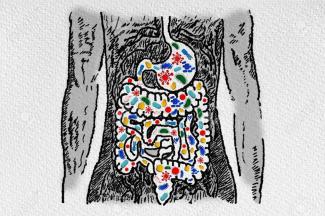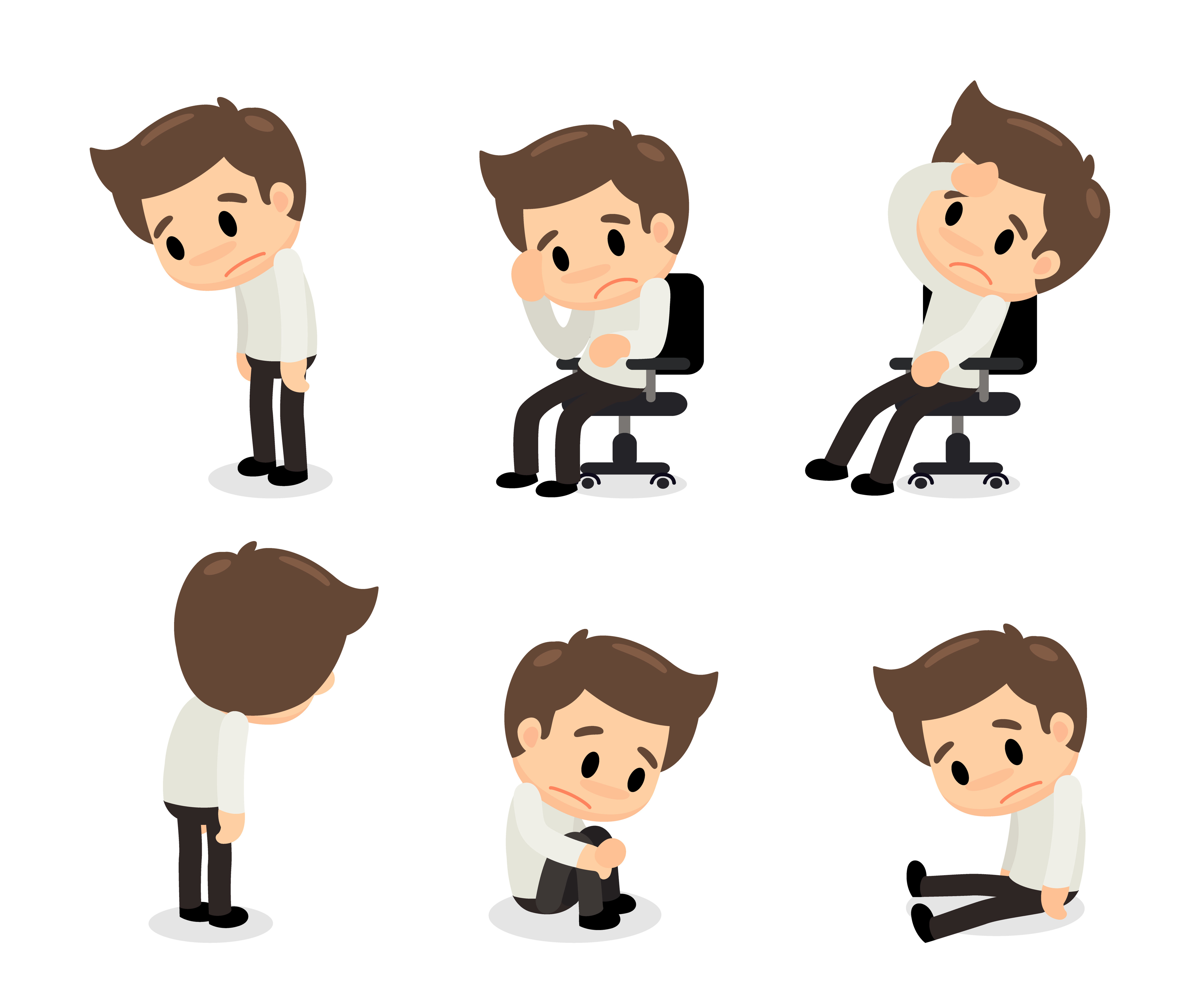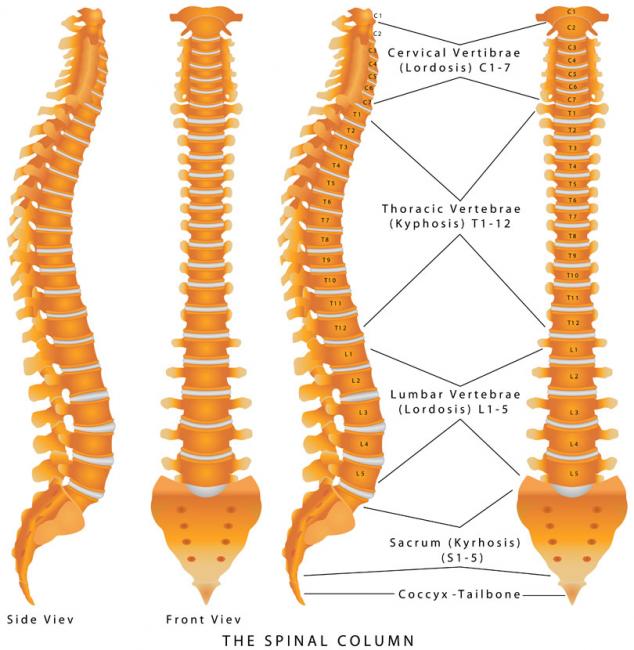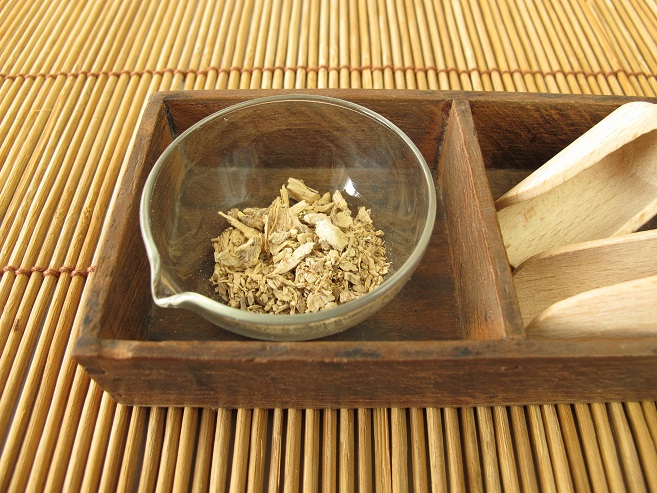Feeling Anxious? The Answer May be Nature
https://www.drannmarieregina-nd.com/
Do you ever question if your health is being helped or hindered by technology? With modern technology advancing, there is a diminished need to leave your home, let alone get off your couch. You can order food from your phone and have it delivered right to your door, a convenience that saves time in your busy and stressful life. Convenience, however, comes at a price. If you are constantly being bombarded by emails, phone calls, text messages and updates, it can result in mental fatigue and contribute to symptoms such as anxiety, stress and depression [1]. In one study focusing on university students, stress was more common in those who spent more time talking on the phone [1]. But the strongest predictor of stress was having their phone less than 1 meter away during sleep [1]. Mobile phones along with other technology has been associated with causing headaches, irritability, sleep disorders, fatigue and dizziness [1]. Further, the use of mobile phones has increased to 7 billion users in the last decade [2]. This increased use, increases the risk of developing brain tumors from the radiation emitted [2].
Our "fight or flight" response, is triggered when a phone buzzes. Though our ancestors lived in quite a different world than us, our brains remain the same. Prioritizing your body's intrinsic desire to connect with nature is fundamental to your health. Technology is creating barriers to engaging in the connectedness you seek. So how do you combat our anxiety? The answer is simple: disconnect from your devices for a while and get back to spending time in nature.

How can nature reduce your stress?
Reduction in mental arousal: Research shows that spending time in nature has restorative properties due to its ability to lower level of mental arousal. Exposure to the natural environment has also been shown to mediate stress by decreasing salivary cortisol levels, which is the major stress hormone in the body [3]. Further, there is an increase in feelings of relief, revitalization and overall sense of calmness when a nature-based approach to care is utilized [3].
Recharging the brain & body: The prefrontal cortex of your brain that is in charge of decision making and cognition, is constantly being bombarded by stimuli. Eventually this can lead to burn out, fatigue and anxiety. Time in nature can give your brain that much needed break and can boost mental abilities such as short-term memory. Studies have also shown that living closer to forests correlated with having a healthier amygdala, which is the area of the brain associated with emotions such as anger and fear [4].Further, the physiological effects of walking in the forest versus an urban environment exemplifies more profound decreases in blood pressure, muscle tension, pulse rate and increases immune system and overall quality of life [4].
Buffering stressful events: Stressful life events can leave you feeling vulnerable and trapped. Access to nature has been shown to provide a distraction and the temporary feeling of "being away" [5]. When you create a buffer by removing yourself from a perceived threat and look at a stressful event from a calm rather than fearful perspective, you can reclaim agency and control your life. Nature should be an important tool in your kit to combat anxiety.
How long do I need to be outside to see the effects?
In terms of how long you should be outside, there is evidence suggesting that walking for 90 minutes a day in nature can reduce activity in the part of the brain that is linked to negative rumination [6]. More reasonably, 20-30 minutes 3-4 days a week will have the same stress relieving properties and is a great way to incorporate daily physical activity into your life which we also know decreases stress [6].
How to make the most out of a nature walk
To make sure that you gain all the benefits of a nature walk, follow these simple rules:
1. Disconnect completely. Leave your cell phone in the car or at home. The point of the nature walk is to disconnect from the technology that drives your anxiety. It may feel challenging to go out without your phone, but if you really want to combat your anxiety take that first step. Carve out time to be without technology and see how good you feel.
2. Be present. Thinking about the past or the future largely contributes to symptoms of anxiety. If you can live in the moment, you are not worrying about what responsibilities that you have waiting for you, or what mistakes you've made in the past. And what better time to live in the present when you are strolling through a beautiful forest? Focus on the breeze through your fingers as you walk, or the crickets and birds chirping. Stay grounded and calm and you will reap the rewards of your time in nature.

3. Breathe. To help you stay present, focus on your breathing. We know that deep breathing practices help to calm the mind, especially when anxiety is present. So compound the calming effects of breathing with the restorative effects of nature. What sort of things do you smell? Are there some fragrant flowers still in bloom? Take deep breaths, really expanding your belly and drink in all that nature has to offer.
A Naturopathic Approach to bringing nature to your everyday environment:
1. Make sure your work space has plants. Have you ever noticed that an office or home with plants is more soothing? Integrating healing gardens in your place of work can increase mental, emotional and spiritual well-being by creating an opportunity for quiet reflection and restoration of the mind. Your healing garden doesn't have to be fancy. Just having a few plants that bring you a sense of calmness can make all the difference.
2. Listen to the sound of nature. Listening to soundscapes can also aid in reducing anxiety. MRI reports measuring brain activity while listening to sounds recorded from nature reflected similar activity that occurs during periods of wakeful rest [6]. Similar effects hold true from looking at photographs that signify meaning to the individual [6].
3. Take a break. Stuck in the office all day staring at your computer? Make sure you take time out of your day to get outside. It can be a five minute walk around your building, or even just cracking the window and breathing in fresh air.
4. Find a restorative urban environment. Not all urban environments are depleting. Find a place that makes you feel like you are "getting away". This can be your favourite museum or an architectural building. As long as the building does not overload the attentive system and provides a level of fascination, the "artificial" environment can fill in the gaps [7].

5. Find a friend.
Try catching up with friends in the great outdoors instead of sitting in a restaurant or coffee shop. Enlist a friend or a partner to go for a daily walk. Together you can be accountable for each other and provide motivation and encouragement. Social interaction is another important aspect of mental health and wellbeing.
Need help finding a trail close by, here's an application you can download on your phone or computer to locate a trail near you and bring you back to nature.
All trails: https://apps.apple.com/ca/app/alltrails-hike-bike-run/id405075943
References
[1] Visnjic A, Velickovic V et al. Relationship between the Manner of Mobile Phone Use and Depression, Anxiety and Stress in University Students. Int. J. Environ. Res. Public Health 2018; 15: 1-11.
[2] Yang M, Guo W et al. Mobile Phone Use and Glioma Risk: A Systematic Review and Meta-Analysis. Plos One 2017; 12: 1-13.
[3] Hansen M, Jones R et al. Shinrin-Yoku (Forest Bathing) and Nature Therapy: A State of the Art Review. Int. J. Environ. Res. Public Health 2017; 14: 1-48.
[4] Takayama N, Morikawa T et al. Relation between Psychological Restorativeness and Lifestyle, quality of Life, Resilience, and Stress Coping in Forest Settings. Int. J Environ. Res. Public Health 2019; 16: 1-21.
[5] Berto R. The Role of Nature in Coping with Psycho-Psychological stress: A Literature Review on Restorativeness. Behav. Sci 2014; 4: 394-409.
[6] Sour mood getting you down? Get back to nature. Harvard Medical School. 2018.
[7] Weber AM, Trojan J. The Restorative Value of the Urban Environment: A Systematic Review of the Existing Literature. Environmental Health Insights 2018; 12: 1-13.






































